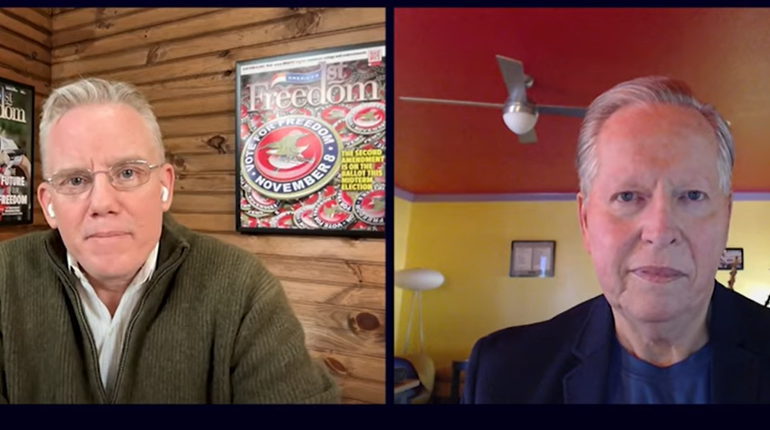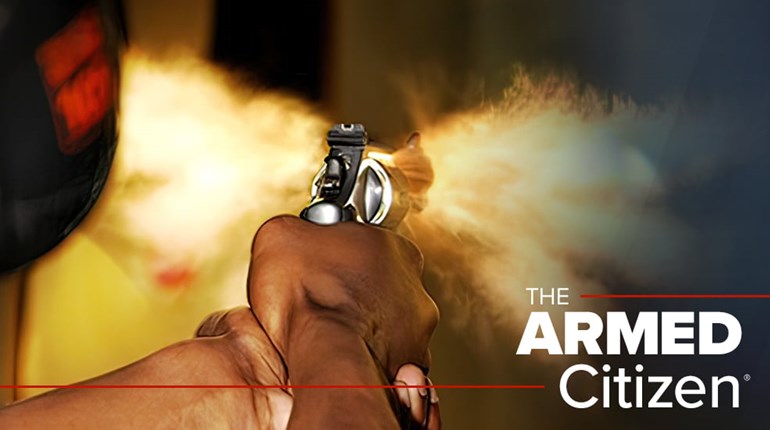
Al Capone and his Tommy-gun wielding gangsters were a more difficult problem for Chicago to solve than today’s drug gangs. It took the repeal of the 18th Amendment to the U.S. Constitution and a real, internal battle with corrupt public officials to end Prohibition-era violence from competing gangs. In the end, federal prosecutors even had to get creative to bring down Capone—they used federal tax laws to finally put him away.
So can U.S. Department of Justice (DOJ) prosecutors be as imaginative and resilient with Chicago’s violent drug gangs? Taking them on doesn’t mean rooting out corrupt judges, cops and politicians like Kevin Costner’s character did in “The Untouchables” (1987). All it would take is good police work and prosecutorial zeal.
To find out, I asked Joseph D. Fitzpatrick, an assistant U.S. attorney in Chicago and DOJ’s Chicago point person for the media. The DOJ’s Chicago office has been widely criticized for inactivity. Chicago’s Mayor Rahm Emanuel—President Barack Obama’s former chief of staff—has said the DOJ’s lack of prosecutorial zeal is partly at fault for Chicago’s alarming homicide rate. In 2013 Emanuel even told the Chicago Sun-Times, “We took 400 guns off the street in our combined areas where we worked together [with federal agents]. They prosecuted four of the 400 at the federal level. I am giving you the facts.” In 2014, Chicago ranked 82nd out of 90 federal districts (in prosecution), even as its homicide rate continued to make Chicago the murder capital of the U.S.
Also, as we’ve noted here before, according to figures crunched by the Transactional Records Access Clearinghouse (TRAC), a data gathering and distribution organization at Syracuse University, Chicago has long been at or near the bottom for prosecuting gun crimes at the federal level. In 2014, Chicago ranked 82nd out of 90 federal districts, even as its homicide rate continued to make Chicago the murder capital of the United States. In fact, TRAC’s Dr. Harold Pease wrote last November, “Leniency everywhere is typical of the Obama administration. In 2011, ‘federal gun prosecutions dropped by roughly 40 percent.’” And he wrote: “‘Only about 1 percent of the guns seized by Chicago police led to federal prosecutions.’ Moreover, those prosecuted rarely get more than one year of a possible three-year sentence.”
When asked why the prosecution rate for gun crimes in Chicago is so low, Fitzpatricksaid TRAC’s research “isn’t conclusive.” He said that in 2014, Chicago’s DOJ office started a Violent Crimes Section as part of a restructuring of its Criminal Division. “The Violent Crimes Section has one mission: to help the city and our district tamp down on violent crime. We have 15 attorneys in this section dedicated fulltime to prosecuting violent crimes.”
Fitzpatrick, however, said he couldn’t provide any data showing how many cases the Violent Crimes Section has taken up since it began in 2014.
When I pointed out that 15 attorneys means DOJ has one attorney for every 10,000 gang members (the ATF says there are 150,000 gang members in Chicago), and asked if they were understaffed, Fitzpatrick said, “I’ll decline to comment on the resources that are afforded to the office. I will say, however, that we are excited to have hired several assistant U.S. attorneys within the past year. As you probably recall, there had previously been a sequestration in federal hiring, so it’s important that we now have 158 assistant U.S. attorneys in our district.”
Fitzpatrick also said that gun-related cases are often adjudicated at the local level. He said his organization has monthly meetings with city, state and other officials to discuss particular cases as they decide which has a better chance for a stiffer sentence, state or federal court.
The Chicago Sun-Times, however, looked into this and reported that Chicago’s “Cook County judges aren’t throwing the book at people convicted of gun crimes.”
Likely part of the reason for this prosecutorial apathy is that many in the left wing of the Democratic Party feel that higher prosecution rates for certain minorities is proof of racism. President Obama has echoed this belief. During the 2008 presidential campaign, Obama said that blacks and whites “are arrested at very different rates, are convicted at very different rates [and] receive very different sentences ... for the same crime.”
This reached a fevered pitch recently in Chicago. When a video showing a police officer shooting a black teen named Laquan McDonald—McDonald had a knife in his hand and reportedly had PCP in his system—16 times from about 10 feet away, the video was withheld from the public for 13 months. The video—shot from a police car’s dashboard cam—wasn’t made public until after Mayor Emanuel’s reelection and not until a court order forced its release.
So are Mayor Emanuel and Obama’s DOJ afraid of the political reaction that might result from more arrests and possible police shootings as cops take down armed gang members?Are Mayor Emanuel and Obama’s DOJ afraid of the political reaction that might result from more arrests and possible police shootings as cops take down armed gang members?
Perhaps friction between the city and the DOJ is also making this issue harder to solve. After the McDonald shooting, Obama’s DOJ opened an investigation into the Chicago Police Department. Attorney General Loretta E. Lynch said in a press release that the “investigation will focus on CPD’s use of force, including racial, ethnic and other disparities in use of force, and its systems of accountability.”
So I asked Fitzpatrick, “After the Laquan McDonald case and the subsequent DOJ investigation of the Chicago PD for use of force, is fear of being seen as racially biased affecting the prosecution rate?”
Fitzpatrick said, “I’ll decline to comment on issues pertaining to the DOJ investigation of Chicago Police.”
Though that’s an obvious dodge of the question, at least it’s an understandable one.
Fitzpatrick, however, was eager to talk about social programs designed to reform gang members. He said they’re holding monthly Parolee Forums.
“The emphasis is on guns,” Fitzpatrick said. “The attendees hear from a local Chicago Police commander, a senior federal prosecutor, a senior Cook County prosecutor and an ATF agent about what will happen to them if they reoffend. The attendees are often young men coming out of their initial stint in prison, and they may not fully appreciate the seriousness of a future gun charge.”
Another thing Fitzpatrick says his agency is “very excited about” is a recently expanded Parolee Forum that includes those in the juvenile system.
“The new initiative is our Youth Outreach Forum,” he said, “designed to talk to at-risk kids age 13-17 years old. We began hosting the youth forums in neighborhoods throughout the city, and we recently moved it inside the Cook County Juvenile Detention Center. So we’re actually conducting the forums inside the juvenile center, which has been very impactful.”
Certainly, this problem is complex and needs a diverse set of solutions. But without aggressive law enforcement backed by prosecutors locking up gun-toting bag guys, it is hard to see how Chicago authorities will ever get control of the streets and make the neighborhoods now besieged by gang violence safer for law-abiding people.


































